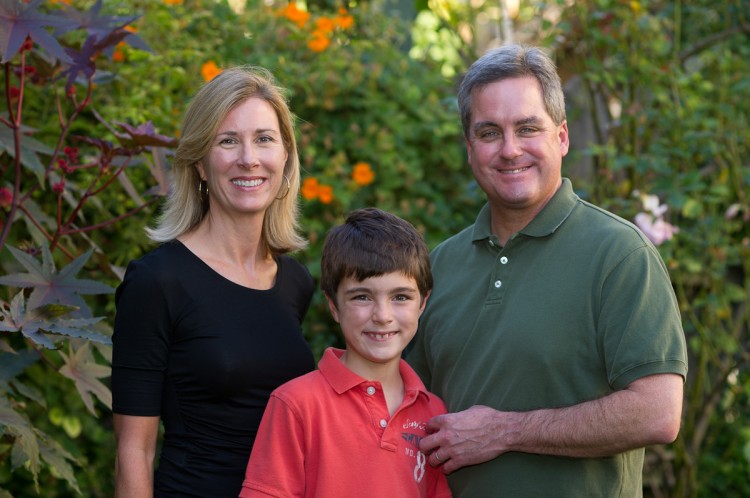Dennis Herrera: An Interview With the San Francisco Mayoral Candidate
An interview with Dennis Herrera, the San Francisco mayoral election candidate, who is the city attorney for San Francisco.

Dennis Herrera (R) with his wife Anne and their son Declan. HerreraForMayor.com
|Updated:






